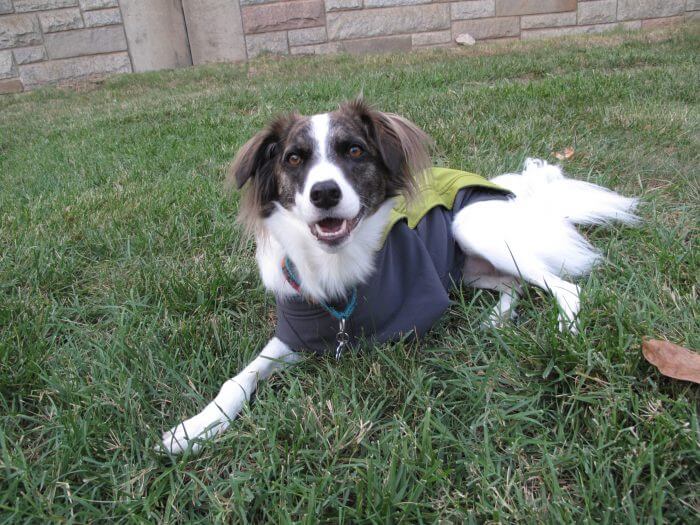Questions You Must be Able to Answer for Your Pet During Intake at Helping Hands Veterinary Surgery & Dental Care
When you come to Helping Hands for your pet’s Surgery or Dental Care, there are important questions you must be able to answer for your pet.
If you are having your spouse, or a friend or relative (who is not as familiar with your pet’s history as you) dropping your pet off, please be sure they can answer these questions. Also, it is ideal for you to be available by phone to consult during the intake process.
Your pet is being admitted to the hospital for the day, and just like a human hospital, there is important information we need you to provide for us.

Has Your Pet Been Taking Any Medications in the Past Month?
A very important question we need you to be able to answer for your pets is have they been taking any medications during the past month. These can include (but is not limited to) anti-inflammatories, steroids, pain medications or antibiotics.
When we make your appointment, we ask you to bring them with you, because sometimes it can be hard to remember the name, dosage, etc. We need to know the name of the medication, when the last dose was given, and how many doses you have left.
Please be able to provide us the names of ANY medications your pet had in the last month, even if it was an over-the-counter med or a supplement.

Has Your Pet Ever Has a Seizure?
Another question we need you or whomever is dropping your pet off to answer is, ‘Has your pet ever had a seizure?’.
And by ‘ever’, we do mean ‘ever’. If your animal is 8 years old and had one seizure when he or she was 6 months old, we want to know that. This is often a straightforward ‘yes’ or ‘no’, but not always. Sometimes an owner will describe an incident or a behavior that was odd, or off, and are not sure if it was a seizure.
It is very important you tell us that. There can be times when animals have seizure-like activity that is not as obvious as what you would expect a seizure to look like.

Please List All Health Concerns, Current Issues or Past Problems
These are very important questions we need you to be able to answer for your pet for a number of reasons. If Your pet is blind, or does not see very well, we make sure we speak to him or her and move slowly so we do not startle them.
If they are deaf or do not hear very well we try and make eye contact and go slower so they are not frightened. We want their experience to be as stress-free as possible. If they have a history of back or neck problems, we want to know so we handle those sensitive areas with extra care. If their knees hurt them we want to know that too.
Please let us know if they have any allergies, even food allergies. If they have had any sensitivity or problems with anesthesia in the past, we need to know that. If you know of a heart condition or murmur, we need to know.
If your pet has an ongoing medical issue or diagnosis, please report that on your intake sheet and tell us about it.

What If My Pet Is Newly Rescued?
So many of our clients rescue their pets or work/volunteer with a rescue. If the animal you are bringing to us was newly rescued by you as a parent or by an organization, let us know. Often a new parent will write ‘Not as far as I know, just adopted three weeks ago’.
That is OK, we understand you may not have a full medical history on a new rescue, but it is important we know that.

The Answers to These Questions Help Us Provide the Best Care for Your Pet
Providing us with answers to the questions above, as well as anything else you think we should know, arms us with the best information to provide the best care for your pet. Whether they are with us for Pet Dental Care, or Pet Surgery it is very important for you to provide us with this information.
In closing, I always tell clients who are filling out their Intake Form, ‘You can only tell me too little, you can never tell me too much…I like to know everything’. Every pet that comes through our door is treated on an individual basis and is treated as if he or she is our own. This is not only what you need to provide for Helping Hands, but important for you to provide doctors and staff in any Veterinary setting.
Providing your doctor with the most comprehensive information about your pet helps that doctor provide the best care.

